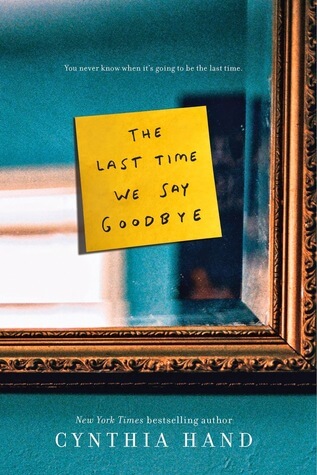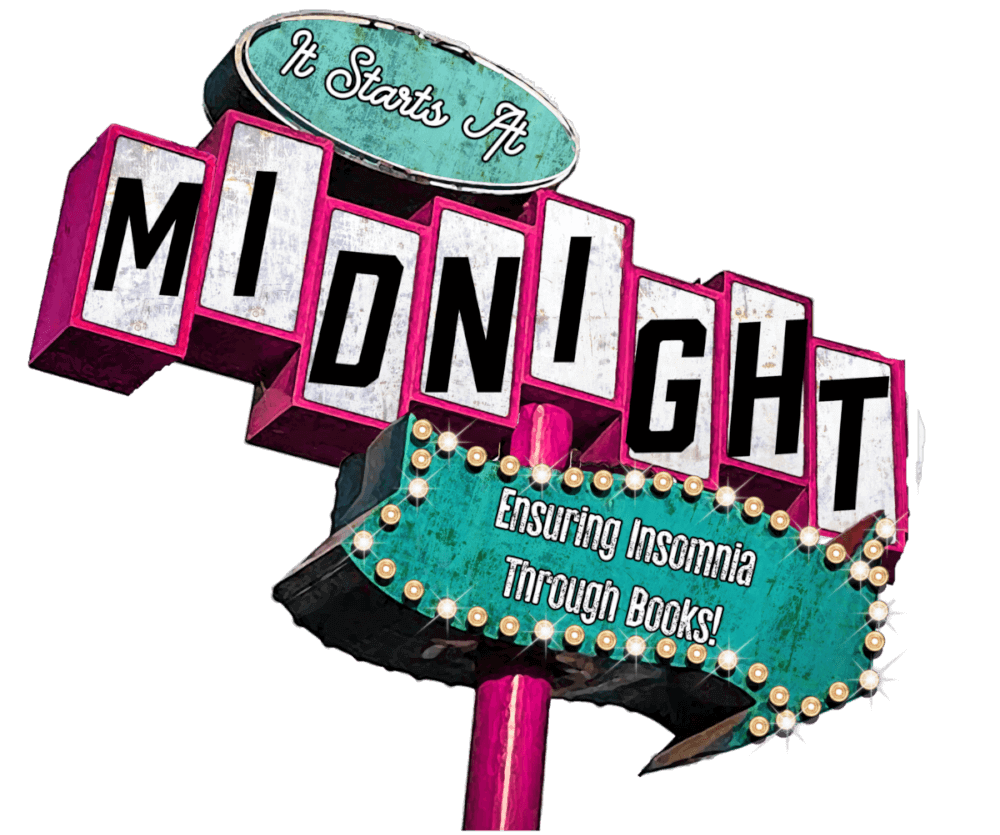
Hello again, my friends! Today I have a lovely review from Wendy @ Falconer’s Library to share with you! I have a confession: I pre-ordered this damn book. And you know where it is? On my unread books shelf. That’s right. A fail. But Wendy here has done much better than I have, not only reading the book, but sharing her thoughts on it with us today! So big thanks to Wendy, and when I am feeling up for a good cry, I promise I’ll read this!
 The Last Time We Say Goodbye by Cynthia Hand
The Last Time We Say Goodbye by Cynthia Hand Published by Harper Teen on February 10th 2015
Pages: 386


There's death all around us.We just don't pay attention.Until we do.
The last time Lex was happy, it was before. When she had a family that was whole. A boyfriend she loved. Friends who didn't look at her like she might break down at any moment.
Now she's just the girl whose brother killed himself. And it feels like that's all she'll ever be.
As Lex starts to put her life back together, she tries to block out what happened the night Tyler died. But there's a secret she hasn't told anyone-a text Tyler sent, that could have changed everything.
Lex's brother is gone. But Lex is about to discover that a ghost doesn't have to be real to keep you from moving on.
From New York Times bestselling author Cynthia Hand, The Last Time We Say Goodbye is a gorgeous and heart-wrenching story of love, loss, and letting go.
The Pain Stays, and That’s Okay: Review (Sort of) of The Last Time We Say Goodbye
I am so not surprised to learn that author Cynthia Hand lost a brother to suicide when he was a teen and she was a young adult. The grief, pain, numbness, guilt, “what-ifs,” and denial (ohhhhh, the denial!) Lex displays in this book are terrifically believable. This is what #ownvoices writing is like–even if you or I may have responded differently to the situation, we can tell that Lex’s voice is infused with authentic, lived experience.
I know some readers were dismayed that there was no prevention/cure plan offered, no “when and how we should intervene to prevent suicide.” Lex does list some of the factors that identified Ty as at risk–but some, like “being male,” are hardly reliable warning signs per se. She does address the fact that because the idea of a loved one killing themself is so unpleasant and painful–not to mention, so unthinkable to anyone who’s never been suicidal–that his family maybe didn’t monitor him closely enough or offer him enough mental health support. But the bloody awful truth is that suicide is NOT rational, and therefore is NOT predictable. People who battle depression and other mental illnesses that lead to suicide have brains that tell them they will never be better, they will never feel okay (let alone good), and that they are doing their loved ones a favor by just bowing out.
There are things we can do, as people who love people with mental illness, to REDUCE the chance that they will kill themselves. We can keep deadly weapons out of the house. We can take signs of suicidal ideation seriously and insist on mental health treatment, sustained over time. On a more global scale, we can support better health insurance for mental health care, and support local efforts to do things that make public suicide attempts simply harder to pull off For example, locally, the number of people jumping off a famous “suicide bridge” dropped to zero in the five years since fencing was put up, and successful reaching out for help increased when suicide hotline numbers were prominently posted on ALL local bridges. (Portland has a lot of bridges, okay? It’s a thing.) We can save lives, I really believe, by participating in events like “Shattering Stigmas,” which make it more likely that people will know what to watch for and how to seek help.
But sometimes we will fail. Someone we love beyond measure, someone we think has “every reason to live” will fall victim to their illness. As surely as “having a positive attitude” and “fighting like hell” will never be enough to prevents all cancer deaths, “minimizing risks” and “letting them know they’re loved” is not going to prevent all suicide deaths. There may be better medical and societal treatments in our future, but sometimes people die. Sometimes people die on purpose.
And it’s horrible. It’s so sad. It’s so painful. It’s gut-wrenching and will never, ever be okay.
But the survivors, the ones who’ve lost one of their lights, can be okay again. Grief doesn’t end, but misery and guilt can. And that is what Lex learns, once she lets herself feel them. She will always mourn her brother. Cynthia Hand clearly still mourns hers. But both author and character know that guilt and bitterness are unnecessary. That you can celebrate the life that was, even if it ended senselessly and too soon. It’s an poignantly hopeful note for a book that begins in bleakness.
If you love someone with a serious mental illness, I highly recommend finding a local NAMI Family-to-Family group for education and support.

Don’t forget to follow Wendy and leave some comment love for extra chances to win one of SIX mental health books of your choice!



“People who battle depression and other mental illnesses that lead to suicide have brains that tell them they will never be better, they will never feel okay (let alone good), and that they are doing their loved ones a favor by just bowing out.”
This is really well put – suicide is so difficult to understand, but your post is very informative. I think it was David Foster Wallace who compared it to being trapped in a burning skyscraper and jumping off the balcony, not because you’re not terrified of the fall, but because you want to escape the flames. That’s always made a lot of sense to me.
This is a great and thoughtful review and discussion! I’ll be adding this book to my TBR. 🙂
I’ve come close to reading this book so many times. I keep putting it off, but I probably shouldn’t. Everything in this post is very true. Thanks for the thoughtful discussion!
Thank you for hosting this guest post. Excellent insight and I completely agree the importance of having open discussions is key.
When it comes to people writing about experiences they have had in the past, emotions always run high. I am not surprised either that she has lost someone like that and I am so sorry to hear it. It sounds like Hand manages to capture the emotions behind dealing with such a tragedy so well… I have added this one to my TBR. Great, honest review.
This book sounds brilliant. You know when an author has been directly impacted by what they are writing about they are going to do it well and this one sounds like it is powerful. I hadn’t heard much about this one and I seriously want to read now so thank you for adding a new book to my TBR.
I’m glad people are interested in the book now! Confession time: I had no idea what it was about when I picked it up. I was thinking it was a book about a friendship between two women, for some reason. So the first chapter was kind of confusing. “I’m reading…YA? With suicide?”
I love when you read a book and you just KNOW that the author has personal experience that informed the book. Thanks for sharing your review of this one, Wendy!